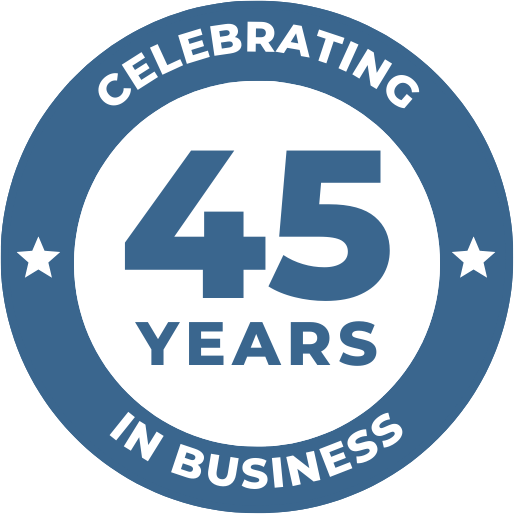We get asked a lot the differences between obtaining financing at a bank and using a factoring company? As business owners are looking for additional financial sources, whether to take advantage of growth opportunities or to fight off increasing inflationary pressures, it’s important to choose the financing source that will best fit your needs.
Traditional Bank Loans
With traditional bank loans the bank will require documentation, including historical financial statements, current financials, tax returns and pro formas, a personal net worth statement and a business plan. The bank will review your application and decide whether or not to give you a loan, and how much to lend you. Your approval will depend largely on your personal credit score. Many startup companies without a profitable history have an uphill battle to get approved.
To be approved a company has to show that they are making enough profit to pay the bank back. Again, startups may have difficulty doing this.
Bank loans and lines of credit come with restrictions and covenants. There will be guidelines for what the loan can be used for, restrictions on taking money out of your company along with other covenants. Traditional bank loans remain attractive because of their comparatively low interest rates. Many business owners will find it difficult to qualify for a bank loan.
Invoice Factoring
Invoice factoring, also called receivable factoring, allows you to convert your invoices into immediate cash, giving the business owner the funds, they need to cover payroll and operating expenses without creating any debt. The business owners sell their open invoices to the factoring company getting an advance between the 85%-95% of the invoice amount immediately. Once the customer has paid the invoice the factoring company refunds the balance minus a small discount fee.
Unlike bank loans, factoring companies focus on the credit strength of your customers, not your personal credit score or company financials. Factoring allows many startup companies to have access to more and more money as their sales grow.
Factoring companies require much less documentation. Usually, an account receivable aging will be enough to get the process started. Many companies are funded in just tow to three days of selecting a factoring company.
Factoring companies are more expensive than a bank line of credit. But factoring companies are willing to provide financing to startup companies and companies that growing faster than their bank is comfortable with.
To find out if your company is a good fit for invoice factoring call the experts at American Receivable. Still managed after 43 years by the original founders, we offer 5 Star Google review customer service at competitive rates. Call us today to find out how we can help you or complete our quick online application form to find out how American Receivable can put your company on the road to success.
jack@americanreceivable.com 972-404-4726
brad@americanreceivable.com 800-297-6652
dakota@americanreceivable.com 512-339-5112








